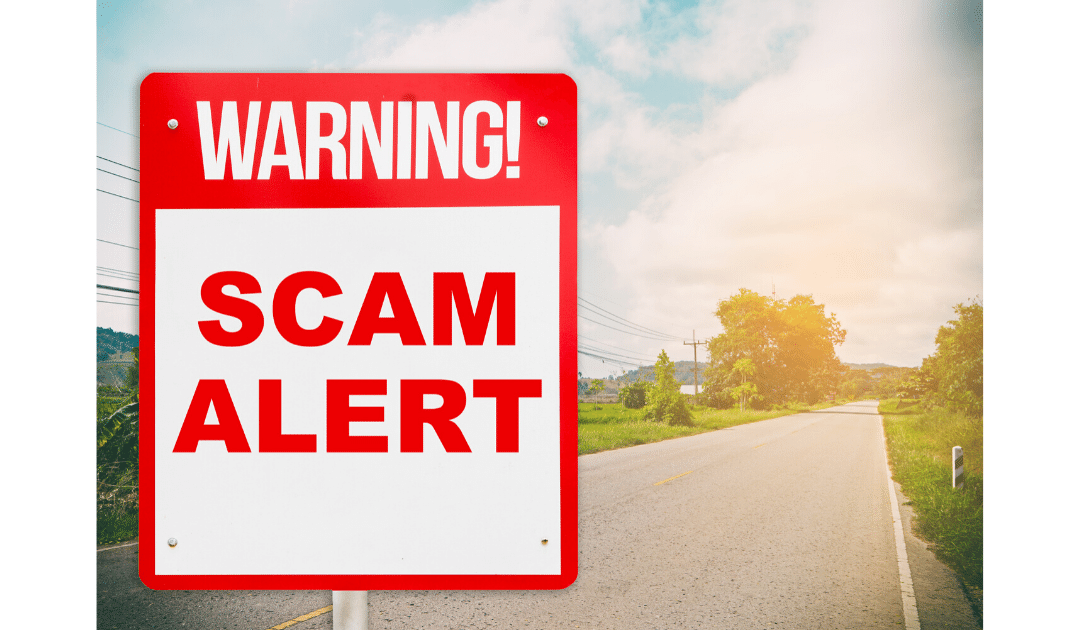We want to make our customers aware of the increase in scams and fraud related to the Coronavirus Disease, known as COVID-19. Be extremely careful with coronavirus (COVID-19) related text messages, emails that may contain malicious links and attachments, phone calls, social media and fake websites. Cyber criminals will take advantage of this event by using shock and scare tactics to get a quick reaction. Scammers will be working overtime with their social engineering tactics to try and trick you with some type of scam.
Here are some tips to consider:
- Be careful with emails about COVID-19, emails that claim to be from the Centers for Disease Control and Prevention (CDC) or emails from so called experts saying they have information about the virus. Retrieve information directly from the CDC and the World Health Organization (WHO) websites and other reliable sources.
- If you receive a robocall, hang up. Scammers use illegal robocalls to sell everything from fake Coronavirus treatments to work-from-home schemes.
- Don’t click email links or open file attachments from unknown sources. This is how viruses are downloaded to your computer or device.
- Ignore online offers or store offers for vaccinations and home test kits. Scammers are trying to get you to buy products that aren’t proven to treat or prevent the Coronavirus disease.
- Scammers and sometimes well-meaning people, share information that hasn’t been verified. Before you pass on information, verify with trusted sources, such as your federal, state and local government agencies.
- Online sellers may claim to have in-demand products, like cleaning, household, and health and medical supplies, when in fact they don’t.
- Don’t respond to texts and emails about checks from the government, it is bogus.
- Be Careful with donations, whether through charities or crowdfunding sites. Don’t let anyone rush you into making a donation. If someone wants donations in cash, by gift card, or by wiring money, don’t do it.

